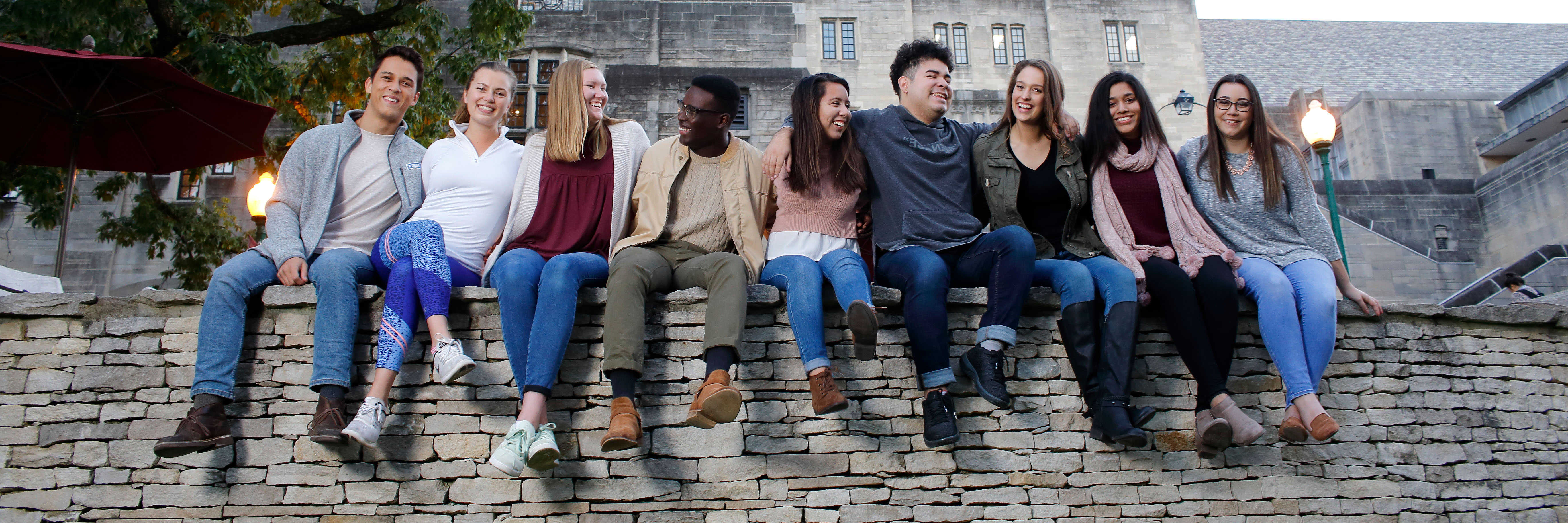As part of a Research I public institution grounded in the liberal arts, our core mission is multi-faceted. We conduct cutting-edge research and provide rigorous training and generous mentoring to graduate students; teach the French and Italian languages as well as the riches of French / Francophone and Italian cultures to undergraduate students (particularly the majors, minors, and certificate-seekers); and participate in the pedagogical mission and curricular initiatives of the College of Arts and Sciences and the university as a whole.
Department of French and Italian social media channels
- College of Arts & Sciences
- Department of French and Italian

 The College of Arts
The College of Arts